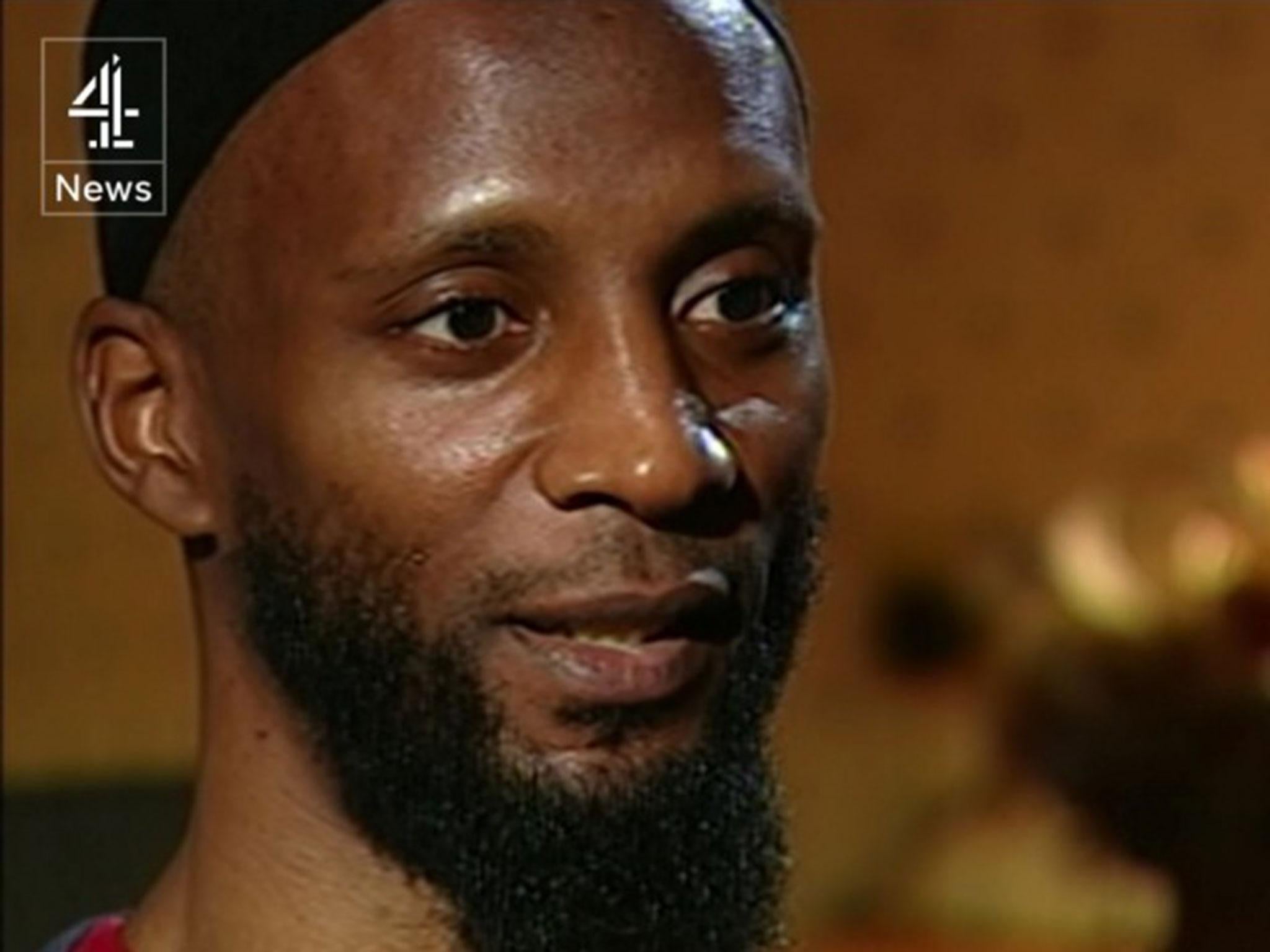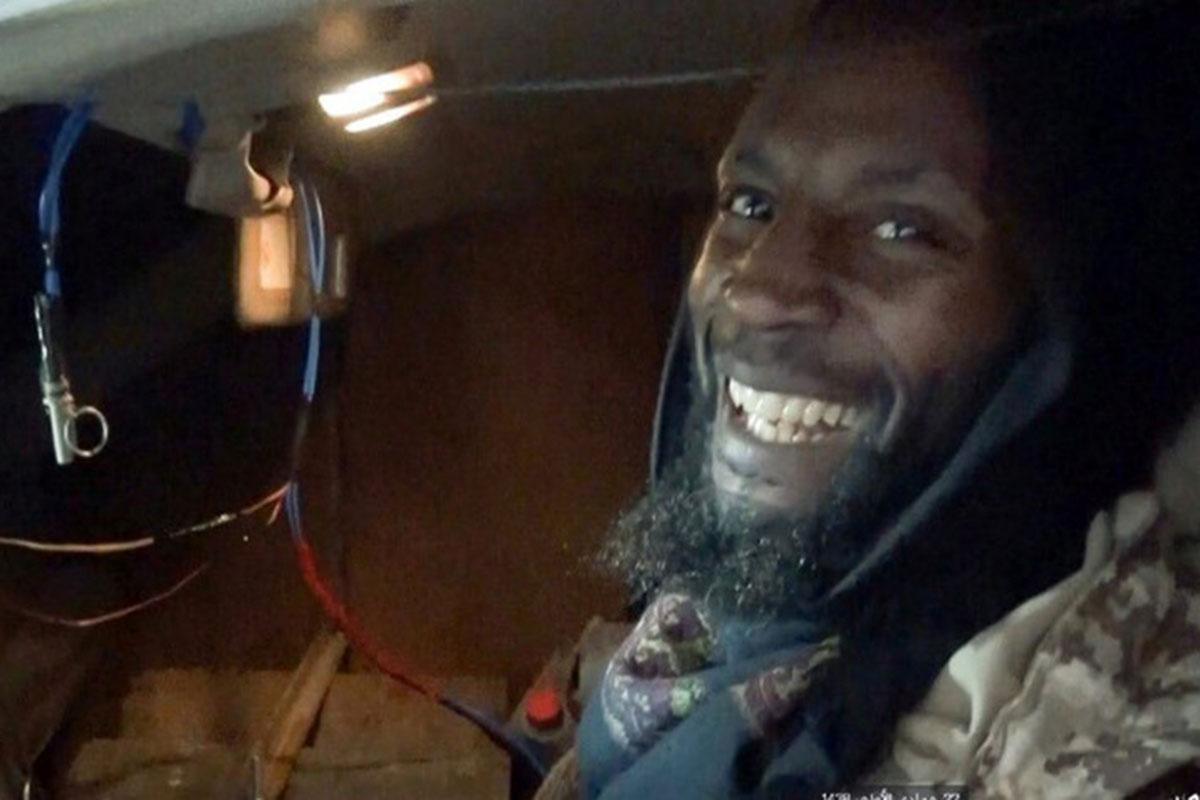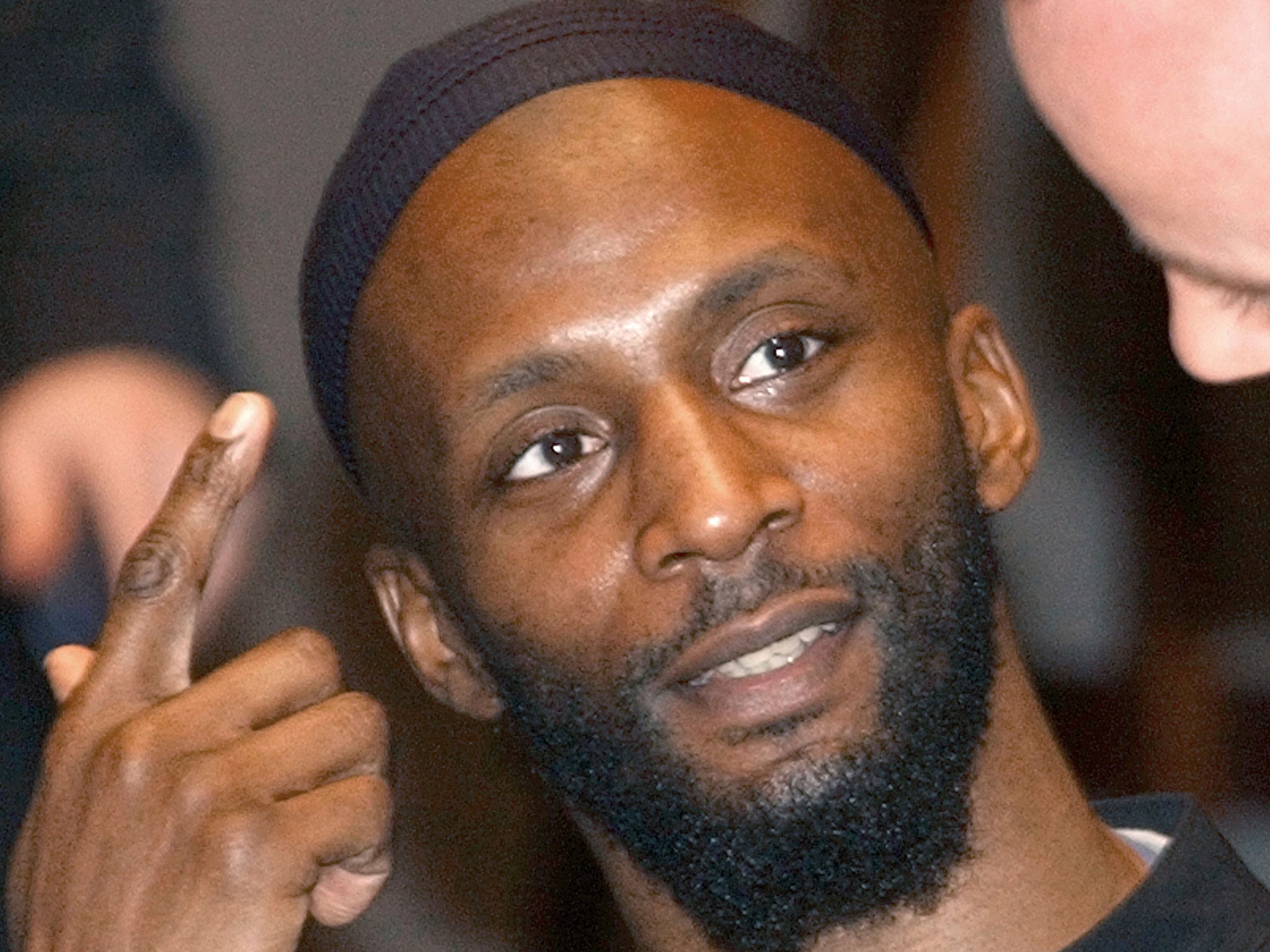As Theresa May talked tough on terror, Jamal al-Harith was allowed slip out of the country
Analysis: Harith, with his background of time spent in Afghanistan and Pakistan, and his supposed knowledge about the Taliban – information that the American authorities claim he traded in return for his release after two years – should have been on the watch-list for those travelling in and out of the country

Your support helps us to tell the story
From reproductive rights to climate change to Big Tech, The Independent is on the ground when the story is developing. Whether it's investigating the financials of Elon Musk's pro-Trump PAC or producing our latest documentary, 'The A Word', which shines a light on the American women fighting for reproductive rights, we know how important it is to parse out the facts from the messaging.
At such a critical moment in US history, we need reporters on the ground. Your donation allows us to keep sending journalists to speak to both sides of the story.
The Independent is trusted by Americans across the entire political spectrum. And unlike many other quality news outlets, we choose not to lock Americans out of our reporting and analysis with paywalls. We believe quality journalism should be available to everyone, paid for by those who can afford it.
Your support makes all the difference.Jamal al-Harith, the former Guantanamo Bay inmate who carried out a suicide attack in Mosul, travelled from Britain to join Isis at a time when Theresa May was claiming success in efforts to block the jihadi trail to Syria.
Speaking in November 2014, Ms May declared: “Since I became Home Secretary... I have revoked the British citizenship of 27 people because their activities were not conducive to the public good, the overwhelming majority because of terrorist activities.
"And since I updated the criteria for using the royal prerogative in April 2013, I have refused or cancelled 29 passports to disrupt the travel of people planning to engage in terrorist-related activity overseas.”
But Harith was able to slip out of the country, join Isis and become one of its fighters in April 2014, a full year after the royal prerogative security initiative Ms May had claimed credit for.
And, it has subsequently emerged, Harith’s wife, Shukee Begum, along with their five children, also joined her husband in Syria in 2015 before returning to England.
Current and past security officials wanted to stress that Harith, a Muslim convert born Ronald Fiddler, had returned to Britain a from Guantanamo Bay a decade ago and had not taken part in any terrorist plots in this country before going to Syria.
It appeared that he had used some of the compensation he received from the British Government – said to be £1m – to settle into a life away from Islamist extremism.
These circumstances, they hold, mean that the spending of tightly stretched resources on close surveillance on him could not be justified. And indeed, subjecting him to that treatment could have been viewed as harassment.

Richard Barrett, the former head of counter-terrorism at MI6, said: “The assessment was made by the British services that he posed no direct threat for the 10 years that he was in the UK to the British public.
"That would be a hell of a long time to keep someone under close surveillance, almost impossible I would have thought, and against his civil liberties, for that matter.”
However, Harith, with his background of time spent in Afghanistan and Pakistan and his supposed knowledge about the Taliban – information that the American authorities claim he traded in return for his release after two years – should have been on the watch-list for those travelling in and out of the country.
As the uprising against Bashar al-Assad gained strength across Syria, so did the flow of foreign jihadis across the Turkish border.
Going into Syria to report on conflict with the help of smugglers, we journalists would see cars, and, at times, busloads of young men making the journey with the seeming connivance of Turkish authorities.
At the time David Cameron was among the international leaders crying “Assad must go” and the rebels were receiving support from Western as well as regional Sunni states..
But pressure grew on Saudi Arabia and Qatar to halt funds from their countries going to Isis and the al-Qaeda-linked Jabhat al-Nusra as the groups began carrying out atrocities, and there was increasing alarm about the numbers of young Muslims from the West joining the extremist groups among the rebels.
There was a rising number of British nationals among the European jihadi contingent and, in response to the charge that they were not doing enough to stop them crossing the border, the Turks claimed that London often failed to provide adequate information and in enough time for them to act.
In addition, there was also criticism from other quarters about the performance of the UK authorities on this issue.
This was strongly denied by the Cameron Government and Ms May’s November 2014 speech was one of a series that sought to illustrate how it was being tough on terrorism.
“I have excluded hundreds of people in total from Britain,” she said. “I have excluded 61 people on national security grounds and 72 people because their presence here would not have been conducive to the public good.
"In total, I have excluded 84 hate preachers, 74 organisations are at present proscribed because they are engaged in or support terrorism.”
But while stopping extremists from coming into Britain may well have prevented more attempted attacks in this country, the exporting of jihadis from here continued.
It is unclear how Harith organised his Syrian trip, but according to reports it was done through the internet – the same medium used by others since to make the journey there.
The security and intelligence services have, it is claimed, been slow in recognising cyber threat posed by Islamists, although substantial resources are now being put into the field, including the opening this month of the National Cyber Security Centre in London.

The traffic in those wanting to join Isis from the UK and the West has dwindled, mainly due to the large numbers of their fighters being killed in Syria and Iraq.
“There is certainly a dropping-off in numbers; but this may just mean the violence will be elsewhere,” was the view of Robert Emerson, a security analyst.
“Groups like Daesh [Isis] can still indoctrinate and instigate attacks on the internet and we know that they are asking their followers to carry out attacks at home rather than go to the Middle East.
So there is the real danger is that the next Jamal al-Harith will not seek to travel, but carry out his bombing in this country.”